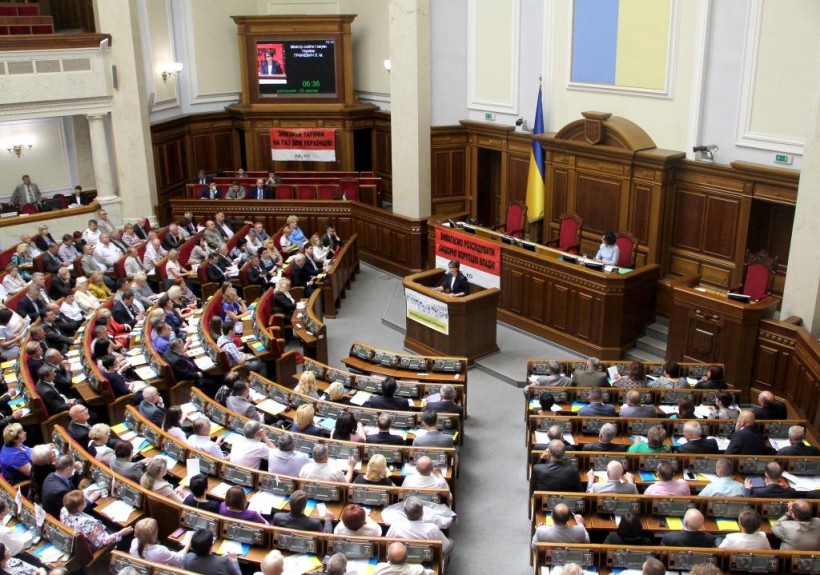Qualified citizens are the main global currency of Ukraine - Liliya Hrynevych

Liliya Hrynevych, Minister of Education and Science of Ukraine participated in parliamentary hearings on 1 June to consider the topic of Professional training as a part of providing a qualified human resource capability for Ukraine: Problems and Solutions.
"Do you know what today is called the new global currency? US Dollars? Euros? Bitcoins? No, today this is the global currency of qualifications. It is those countries that have invested in the development of modern professions that have the chance to be winners in the world of global competition", stated Liliya Hrynevych as she opened her speech.
The Minister said that the modernization of vocational education and training is one of the priorities of the Government, as a means of guaranteeing economic growth. However, reform through decentralization has exposed the difficulties of funding vocational education and training.
"We all know that due to hasty amendments to Budget legislation, from 1 January 2016, of 817 vocational schools, 722 were transferred to financing by local budgets. Because not all budgets had been funded during January-March, 50 vocational schools have not been financed at all. Although the government had allocated a grant of 500m UAH for the financing of vocational education and training, the funds were inefficiently distributed by local authorities and now there are arrears in salaries and grants at five vocational schools", said the Minister of Education and Science of Ukraine.
The Minister also expressed her attitude to the transfer of property from State vocational schools to municipal ownership. It was that vocational education and training (VET) establishments should assume a status within the level of County Councils, and Area Centres and cities of area importance with populations of over 200,000, but only after appropriate controls are defined in the Professional Education law of Ukraine. It is extremely important to keep VET premises and prevent loss of control of their land assets.
Among a list of topics, Liliya Hrynevych identified three sources for the funding of VET:
1) educational subsidies from the national budget to permit VET students to complete their secondary education and professional education for professions of national importance;
2) funding from local budgets to finance training for the needs of regional labour markets (regional public spending);
3) funding by employers (industry investment).
During the hearings she raised the issue of dropping training from the budget for those occupations that are not directly essential to the labour market, such as "computer operator", or "management secretary " Instead, the Minister of Education announced the launch of a pilot project to modernize the training of staff for undersubscribed professions , such as tractor mechanics, fitters, plumbers and tailors.
"We need a system that will automatically adjust to the needs of the economy. Such a system we will create and regulate. Thus, our task is not to destroy the existing foundation but preserve its assets and disburse them wisely and, after overcoming the crisis, go on to development for the future. We understand that the skills of our citizens will give us a competitive edge in our economy and our ability to take our rightful place in the global economy", said the Minister.